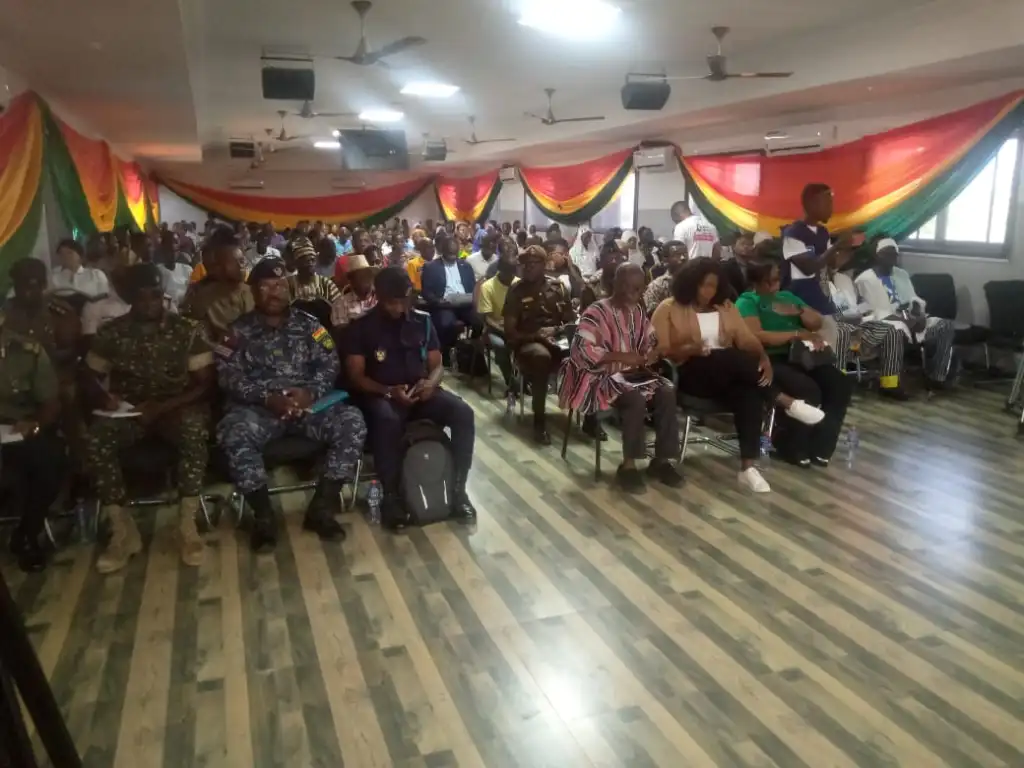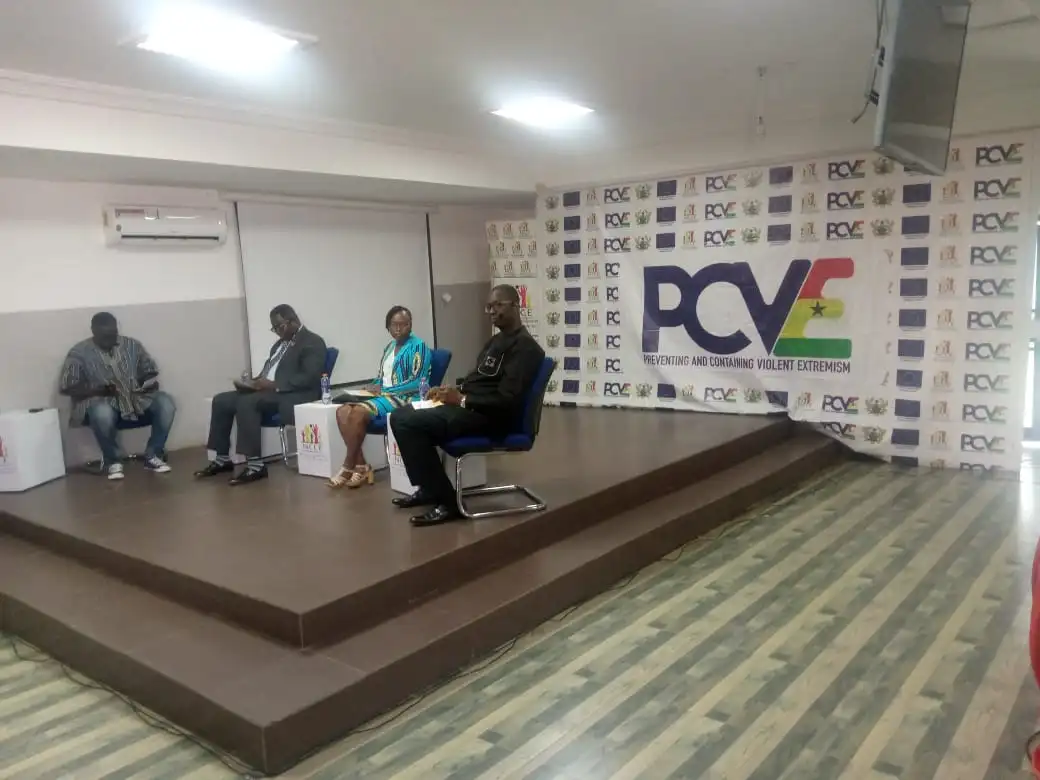The National Commission for Civic Education (NCCE) has called on the youth to guard against violent acts despite the economic hardship in the country.
“We live in very trying times in our country, and we are all aware that this is a time of economic hardship and there is no running away from it because we are all facing these kinds of economic challenges that are having an impact on the social setup of our communities, making it difficult to get jobs, with our young people frustrated.
“This, coupled with the instability being experienced in the sub-region, serves as a fluxgate for extremists to take advantage and lure young people with fancy materials they desire just to buy them into their ideology and cause havoc in the country”.
Ms Kathleen Addy, the Chairperson of the NCCE, made the remarks at the second National Dialogue on Preventing and Containing Violent Extremism (PCVE) held in Bolgatanga.
The dialogue brought together experts and stakeholders, including the youth, chiefs, security agencies, and religious leaders, and held on the theme: “Preventing Radicalization of the Youth in the Wake of Coup D’états in the Sub-Region: Perspective from Stakeholders.”
The PCVE is an 18-month European Union-funded project being implemented in eight border regions of the country, namely the Upper East, Upper West, North-East, Savannah, Northern, Bono, Bono East, and the Oti Regions.
Under this framework, the NCCE is mandated to create awareness about violent extremism, carry out public education, and facilitate activities to engender among the citizens of Ghana security consciousness, social inclusiveness, community cohesion, and situational awareness.
The Chairperson called for intensified sensitisation of the youth to resist attempts by the extremists to recruit them to cause instability.
Mr Emmanuel Owusu, the Upper East Regional Commander of the National Investigation Bureau (NIB), noted that though there were conflict entrepreneurs who benefitted from the woes of others, youth unemployment was a risk factor that tended to trigger the youth to be radicalized.
He indicated that the curiosity of the youth made them vulnerable and gullible to the strategies employed by the extremists to recruit people and urged them to be guarded by the people they associated themselves with.
Ms. Pricilla Nyaaba, the Executive Director of the Youth Harvest Foundation and a member of the Upper East Regional Peace Council, called on the government to help build the capacities of young people through vocational training to enable them to be self-employed.
This, she observed, to some extent would help the youth afford their basic needs to reduce their vulnerability and guard themselves against being radicalized by the extremists.
Reverend Father Clement Aapangnuo, the Team Leader for Coginta-Ghana, asserted that everyone was a potentially violent and radical person, and the moment conditions appeared unfavorable to an individual, they had the propensity of escalating.
He said the government and other social organisations in the country had a major role to play in improving the living conditions of the people to reduce the tendency to be lured by violent extremists.
Source: GNA


_
Follow us on our social media pages for more stories and posts from the NCCE.
https://www.instagram.com/nccegh1/
https://www.facebook.com/nccegh/


Leave a comment